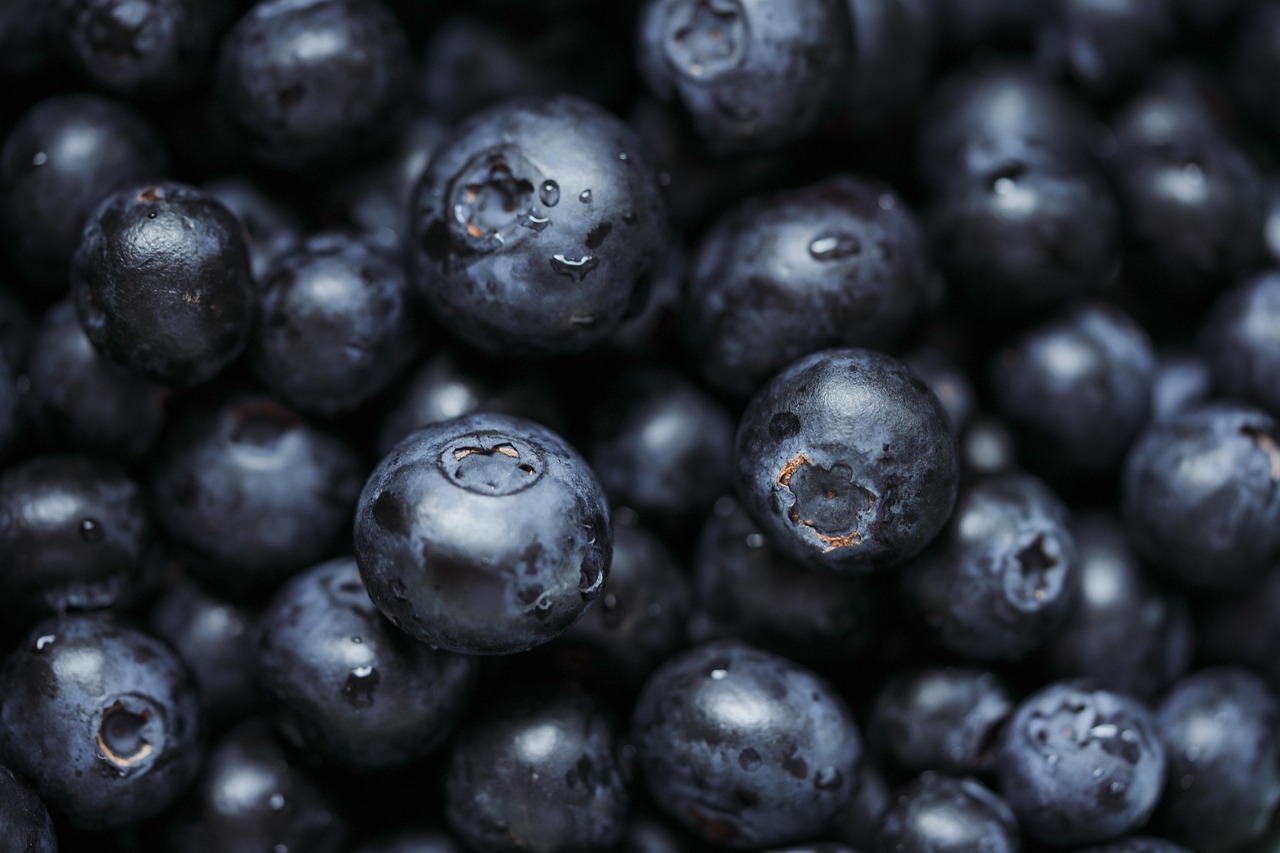In an era where processed foods dominate supermarket shelves, it’s more important than ever to fuel the body with nutrient-dense foods that promote vitality and longevity. Superfoods, a term often associated with nature’s most powerful ingredients, offer unparalleled health benefits due to their high concentrations of vitamins, minerals, and antioxidants.
Incorporating superfoods into a healthy diet isn’t about following fleeting wellness trends—it’s about making intentional choices that support immune function, brain health, and overall well-being. Whether you’re looking to boost energy levels, improve gut health, or enhance cardiovascular function, superfoods provide a natural and effective way to nourish the body from the inside out.
What Makes a Food a Superfood?
Not every nutrient-rich food earns the title of “superfood.” These dietary powerhouses are characterized by their exceptionally high levels of essential nutrients and bioactive compounds. They are often rich in:
- Antioxidants: Protecting the body against oxidative stress and reducing inflammation.
- Vitamins and Minerals: Essential for metabolic functions, immune response, and cellular health.
- Healthy Fats: Such as omega-3 fatty acids, which support brain and heart health.
- Fiber: Critical for digestive health, blood sugar regulation, and satiety.
- Plant-Based Proteins: Offering sustainable and easily digestible sources of essential amino acids.
Superfoods aren’t just a modern wellness trend—they have been consumed for centuries in traditional diets around the world for their life-enhancing properties.
Top Superfoods for Optimal Health
Leafy Greens
Dark, leafy greens such as spinach, kale, and Swiss chard are nutritional cornerstones of a balanced diet. Packed with iron, calcium, and folate, they contribute to bone health, energy production, and immune resilience. Their high fiber content aids digestion, while phytonutrients like lutein and zeaxanthin support eye health.
Berries
Berries—blueberries, strawberries, and goji berries—are nature’s antioxidant powerhouses. They combat oxidative stress, slow cellular aging, and enhance cognitive function. Rich in vitamin C and flavonoids, berries also support heart health by reducing blood pressure and improving circulation.
Nuts and Seeds
A handful of nuts and seeds can provide a wealth of essential nutrients. Almonds, walnuts, and chia seeds are loaded with healthy fats, plant-based proteins, and magnesium, promoting brain function and reducing inflammation. Flaxseeds and sunflower seeds contribute to hormonal balance and cardiovascular well-being.
Fatty Fish
Salmon, mackerel, and sardines are some of the best sources of omega-3 fatty acids, which play a critical role in reducing inflammation and supporting neurological function. These fish are also high in vitamin D, crucial for bone density and immune support.
Fermented Foods
Gut health is the foundation of overall wellness, and fermented foods like yogurt, kimchi, and sauerkraut are rich in probiotics that enhance digestion and immune function. By replenishing beneficial gut bacteria, these foods improve nutrient absorption and protect against digestive disorders.
Whole Grains
Quinoa, brown rice, and oats provide sustained energy through complex carbohydrates and fiber. Unlike refined grains, whole grains retain their nutrient-rich bran and germ, making them superior choices for stabilizing blood sugar levels and promoting satiety.
How to Incorporate Superfoods into Your Daily Diet
Adding superfoods to meals doesn’t require an overhaul of dietary habits—it’s about making small, intentional swaps. Here are some easy ways to integrate them:
- Blend berries and leafy greens into morning smoothies for a nutrient-packed start to the day.
- Sprinkle chia or flaxseeds on yogurt, oatmeal, or salads for an extra dose of fiber and omega-3s.
- Replace white rice or pasta with quinoa or brown rice to boost fiber intake.
- Include fatty fish in weekly meals for brain-boosting omega-3s.
- Ferment foods at home or choose high-quality yogurt and kimchi for gut-friendly probiotics.
By making these simple adjustments, superfoods can become a natural and effortless part of everyday nutrition.
Common Myths About Superfoods
Despite their impressive health benefits, superfoods are often surrounded by misconceptions. Let’s debunk a few:
- “Superfoods are expensive.” While some exotic options can be pricey, many affordable choices—such as spinach, lentils, and flaxseeds—offer similar benefits.
- “You need to eat large amounts for results.” Even small daily servings of superfoods provide significant nutritional advantages.
- “Superfoods alone can prevent disease.” While they support overall health, they work best as part of a well-balanced diet and healthy lifestyle.
Understanding the truth behind these myths allows for a more practical and effective approach to superfood consumption.
Summary: Embracing Nutrient-Dense Foods for Longevity
Superfoods are powerful allies in the quest for better health, offering an abundance of nutrients that fortify the body and mind. By incorporating a variety of antioxidant-rich berries, fiber-packed whole grains, gut-friendly fermented foods, and omega-3-rich fish, individuals can create a diet that supports longevity and overall wellness.
The key is consistency. Choosing nutrient-dense foods regularly—not just occasionally—creates a foundation for lasting health and vitality. With mindful dietary choices, superfoods can become more than just an addition to meals—they can become the building blocks of a thriving, nourished life.
Please like, comment, and share this article if you found it helpful and
informative.
Visit Big Town Bulletin if you would like to see more of this content.
Please like, comment, and share this article if you found it helpful and
informative.
For more news check out Big Town Bulletin News
For more from Big Town Bulletin check out Big Town Bulletin


